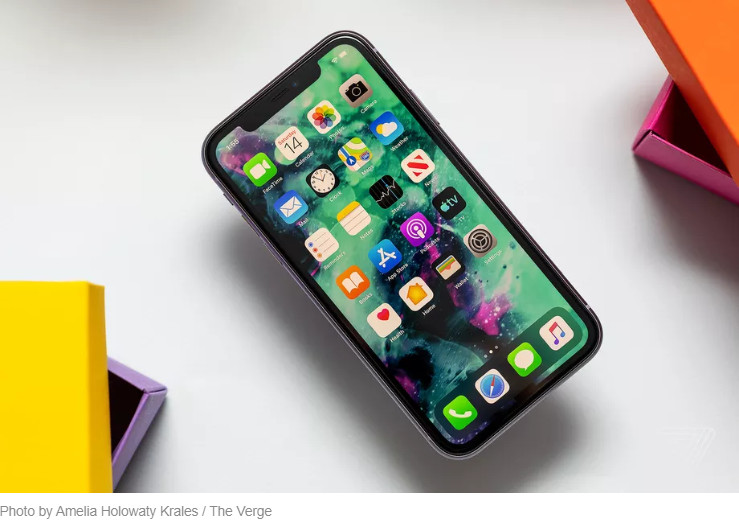
Education
Apple currently uses cheaper iPhone battery components to reduce 5 G prices.

Met with higher manufacturing costs due to the inclusion of 5 G hardware in this year's "iPhone 12" series, Apple is trying to use less costly components in other regions, according to analyst Ming-chi Kuo (via MacRumors and AppleInsider). One of the biggest cost savings is expected to come from battery technology; Kuo says Apple is reducing the number of layers on the battery board and placing the cell components in a smaller region.
It will result in a battery pack that's 40 to 50 percent cheaper than the iPhone 11 equivalent model, according to Kuo, and next year's iPhone batteries will see a further 30 to 40 percent lower price due to additional design improvements.
Apple is also said to be trimming the cost of the third-generation AirPods next year by going to a system-in-package configuration close to that used on the AirPods Pro.
Those improvements do not counter the 5G technology on their own. Kuo estimates that using the millimeter wave technology on the iPhone would cost Apple between $125 and $135 per device, plus $75 to $85 per sub-6GHz. But between this and the recent decision not to include power bricks or earphones in the package, it looks like Apple is doing what it can to reduce costs across the board.
